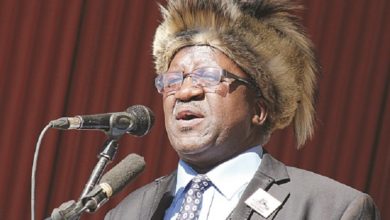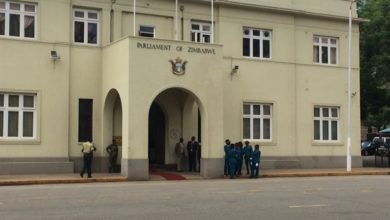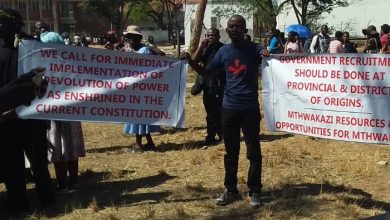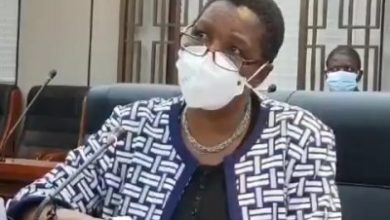Parliament petitioned over role of traditional leaders
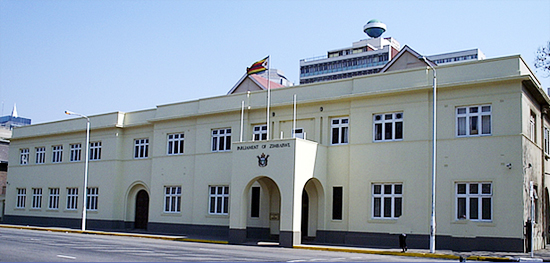
MATABELELAND Institute for Human Rights (MIHR) Coordinator Khumbulani Maphosa is set to appear before Parliament to present oral evidence on his petition on the Traditional Leaders Act.
The MIHR petitioned Parliament last month raising concern over the lack of clear separation of powers between chiefs, headmen and village heads in the Act.
The institution of traditional leadership is governed by the Act. Traditional leaders regulate rural life, control access to land, and settle various disputes in their areas of jurisdiction.
Maphosa said there was no clear separation of powers.
“We wrote a petition and in June l was asked to come and present oral evidence to the Portfolio Committee on Local Government,” Maphosa said.
“There is no separation of powers when it comes to the village administration affairs because the village head is the only one that handles everything when they should be having a village chairperson.
“If one looks at the Act, it says the village head is supposed to chair the village development committee and the functions of the development committee is to plan and implement development projects in the village.”
He added: “The roles change when it comes to ward level because at this stage there is both the head man and Councillor who assist each other for Ward Development projects as compared to the village level where the village head single-handedly does everything on his or her own.”
Historically, traditional leaders drew their authority and legitimacy from an unwritten body of local customary law and practice
The 2013 Constitution recognises and formalises the authority and legitimacy of the institutions, explicitly listing a variety of powers and responsibilities of traditional leaders.
But some traditional leaders have often attracted criticism for allegedly dabbling in partisan Zanu PF politics.


